Bundesliga Clubs That Shone in Europe
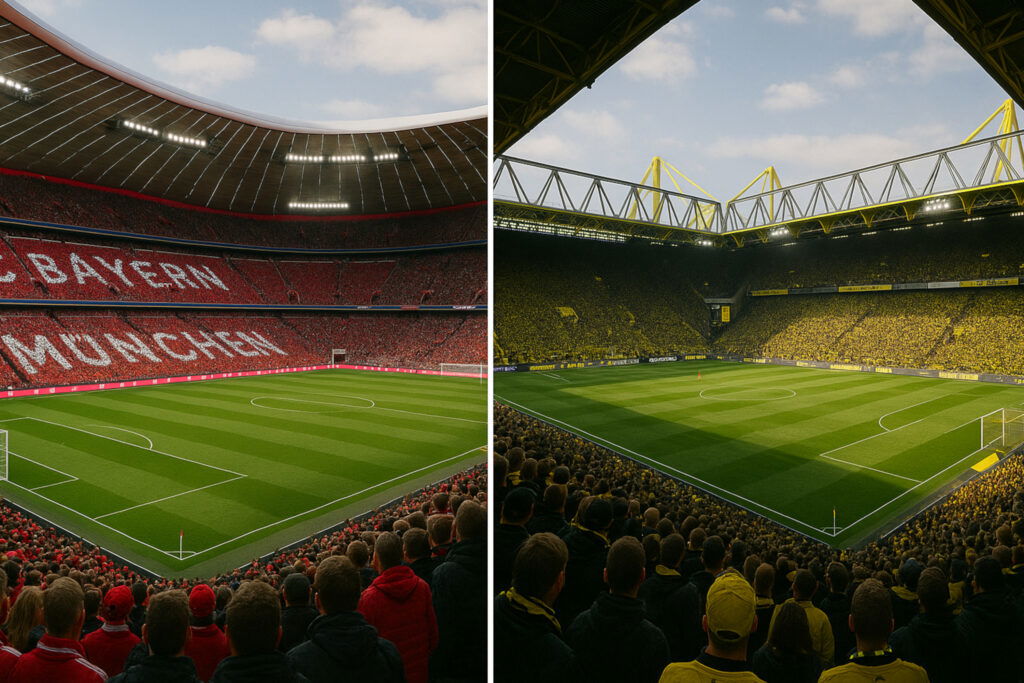
German clubs have a complex and storied relationship with European football. While the Bundesliga itself has often been overshadowed by the financial firepower of the Premier League or the historical dominance of La Liga and Serie A, several of its teams have left a clear mark on UEFA competitions. From Bayern Munich’s continental conquests to the dramatic underdog runs of clubs like Eintracht Frankfurt, German football has produced some unforgettable European nights.
Bayern Munich: The Benchmark
No German side has enjoyed more consistent success in Europe than FC Bayern Munich. Since lifting their first European Cup in 1974, they have become one of the continent’s true juggernauts. Their golden period in the mid-70s included three consecutive European Cups, led by icons like Franz Beckenbauer, Gerd Müller and Sepp Maier.
Bayern have since reinvented themselves across decades. From Ottmar Hitzfeld’s 2001 Champions League-winning side to Hansi Flick’s 2020 treble winners, the club has adapted to changes in European football without losing its competitive edge. Their 2013 triumph under Jupp Heynckes, which completed a historic treble, came during a period when Bundesliga clubs briefly dominated Europe.
Borussia Dortmund: Bold and Brash
Borussia Dortmund have rarely lacked ambition in Europe. Their finest hour came in 1997, when Ottmar Hitzfeld guided them to Champions League glory against Juventus in Munich. That side featured players like Matthias Sammer, Andreas Möller and Karl-Heinz Riedle, blending steel with swagger.
Dortmund returned to the final in 2013 under Jürgen Klopp, where they lost to Bayern in an all-German affair at Wembley. While they have not recaptured that form consistently, their youth-focused model has continued to make them a threat in the Champions League and Europa League, producing talents like Erling Haaland and Jadon Sancho who made significant impacts in European ties.
Hamburg and the Forgotten Elite
In the early 1980s, Hamburger SV were one of the most feared clubs in Europe. Under Ernst Happel, they lifted the European Cup in 1983, beating Juventus in Athens thanks to Felix Magath’s first-half goal. With players like Horst Hrubesch, Manfred Kaltz and a young Felix Magath, Hamburg were symbolic of the Bundesliga’s strength during that period.
Their decline in the following decades has been stark. From a club that topped Europe to one now outside the Bundesliga, Hamburg’s European legacy remains a sharp reminder of how quickly fortunes can shift.
Eintracht Frankfurt: Resurgent and Relentless
Frankfurt’s recent success in Europe has reawakened interest in German football’s second tier of clubs. Their 2022 UEFA Europa League win was hard-fought and earned through wins over Barcelona, West Ham and Rangers. The final, held in Seville, ended in a penalty shootout that showcased the club’s resilience and the fervour of its fanbase.
This resurgence has roots in the 2018-19 Europa League campaign, where they reached the semi-finals before narrowly losing to Chelsea on penalties. With a passionate following and tactical sharpness, Frankfurt have become one of Germany’s most watchable European outfits in recent years.
Bayer Leverkusen: The Nearly Men
Few clubs embody the phrase “so close yet so far” like Bayer Leverkusen. Their 2001-02 season saw them finish runners-up in the Bundesliga, DFB-Pokal and the UEFA Champions League. The European final against Real Madrid was decided by Zinedine Zidane’s volley, but Leverkusen’s journey left a lasting impression.
Despite not lifting a European trophy, Leverkusen have remained a dangerous side on the continent, known for high-tempo football and attacking flair. Their 2023-24 unbeaten domestic season under Xabi Alonso and run to the Europa League final reflects a club once again pushing the European elite.
Werder Bremen and Stuttgart: Fading Footprints
While no longer prominent forces in Europe, Werder Bremen and VfB Stuttgart both had moments of success. Bremen reached the semi-finals of the Cup Winners’ Cup in the 80s and were regular UEFA Cup participants in the 2000s. Stuttgart’s youth-driven side of the early 2000s competed admirably in the Champions League.
Their current struggles in domestic football have largely kept them from returning to that stage, but their past contributions still form part of German football’s continental tapestry.
Leipzig and the New Order
RB Leipzig represent a newer, more controversial chapter. Backed by Red Bull and known for their sharp recruitment model, Leipzig have progressed quickly from the lower leagues to Champions League semi-finalists in 2020 under Julian Nagelsmann.
Their pressing style and willingness to challenge established powers make them a compelling, if divisive, force in Europe. They remain a team whose European story is still unfolding, and whose trajectory will depend on their ability to retain talent and evolve tactically.
Legacy and Outlook
German clubs have rarely dominated Europe in the way Spanish or Italian sides have, but they have consistently produced clubs capable of competing at the highest level. Bayern remain a perennial contender. Dortmund and Leipzig can punch above their weight. And Frankfurt’s resurgence hints at more stories to be written.
With a strong domestic foundation, improved investment in youth, and a growing emphasis on tactical innovation, the Bundesliga is well placed to continue making its mark in Europe, even if the competition for continental success is fiercer than ever.
What's Your Reaction?
 Like
0
Like
0
 Dislike
0
Dislike
0
 Love
0
Love
0
 Funny
0
Funny
0
 Angry
0
Angry
0
 Sad
0
Sad
0
 Wow
0
Wow
0




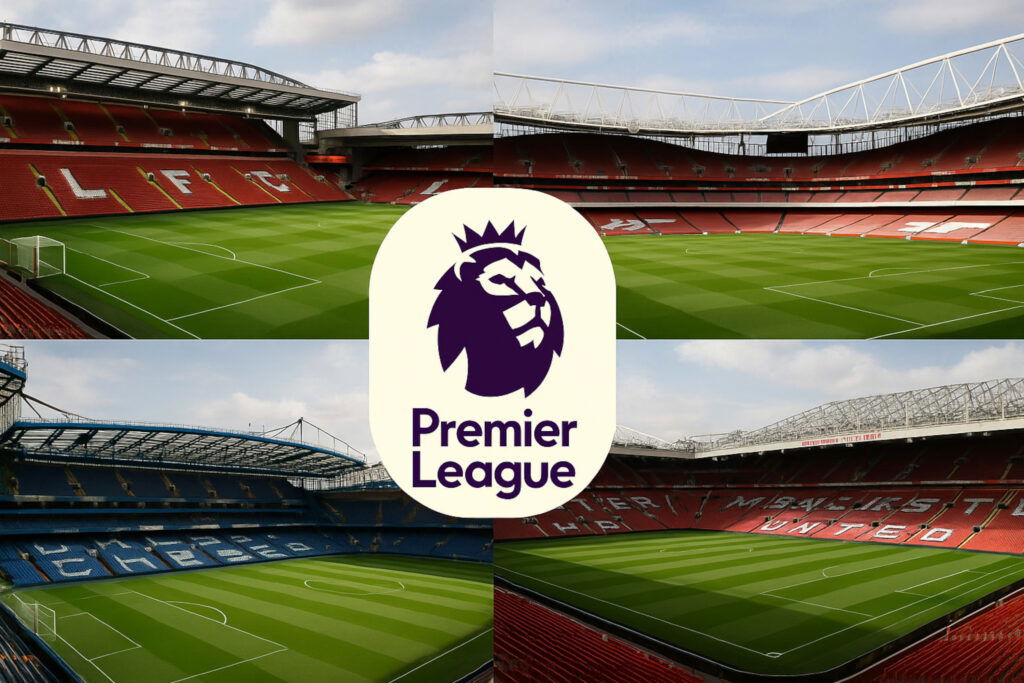
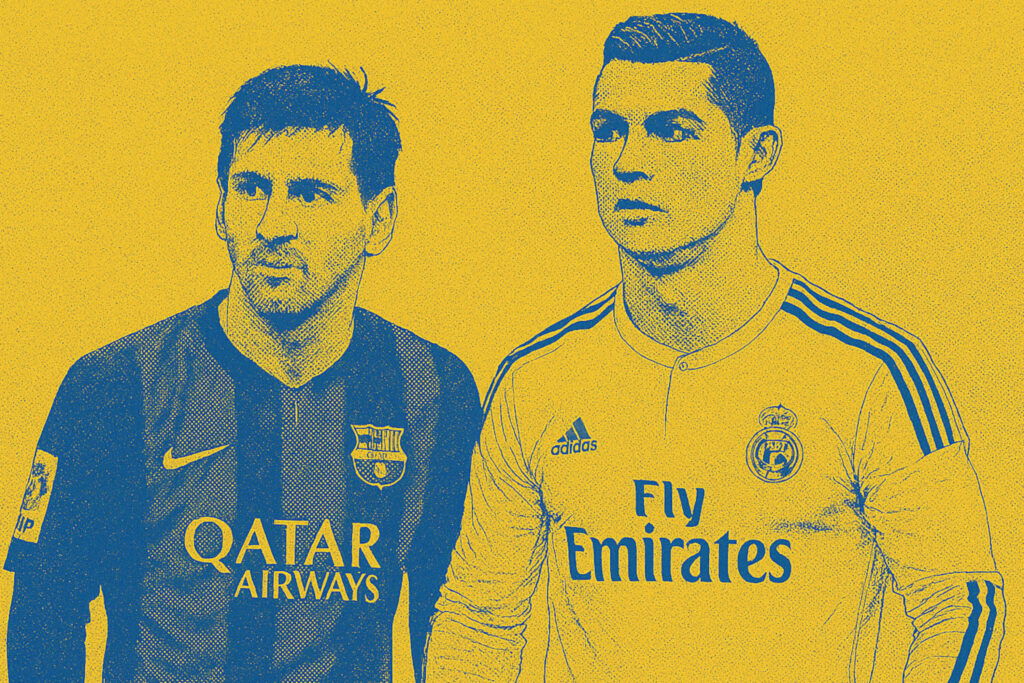


































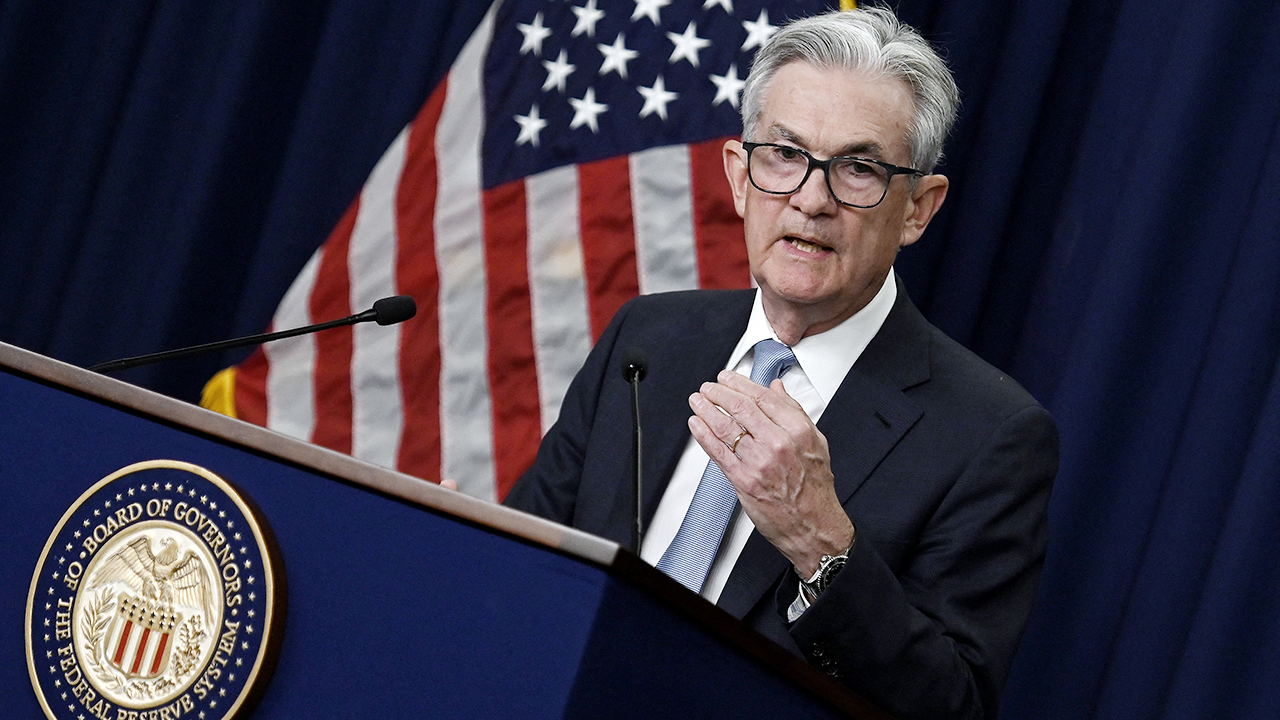





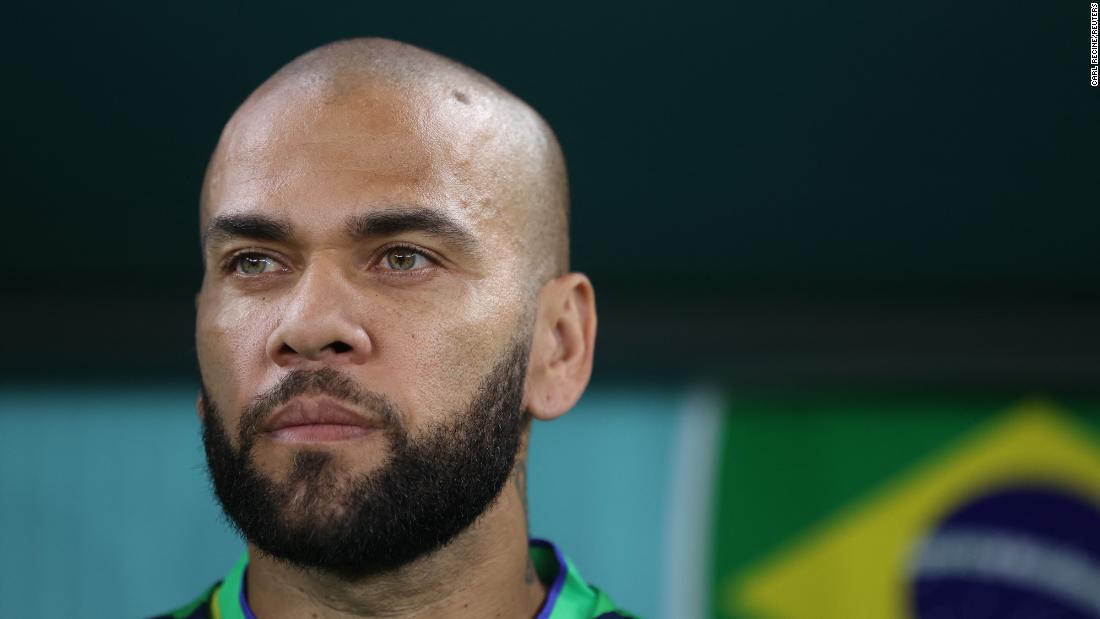
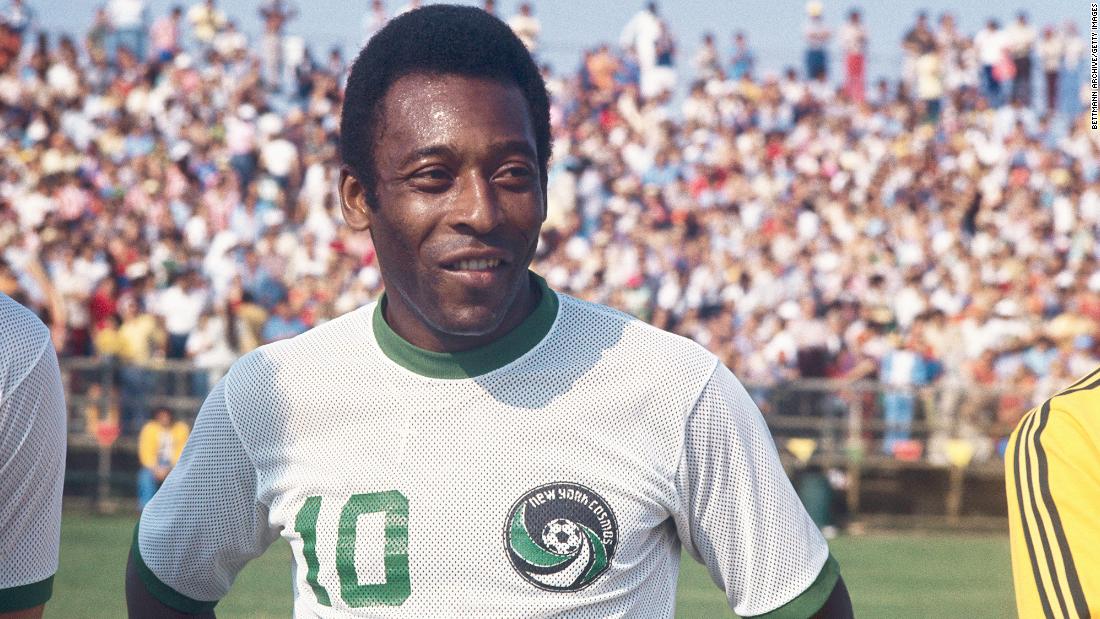
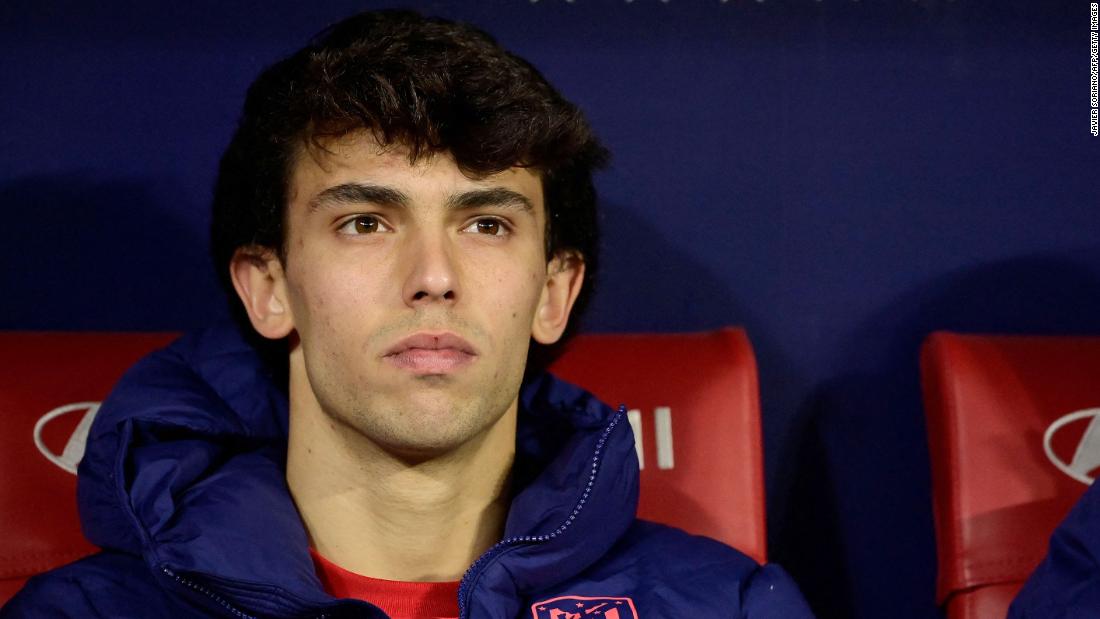
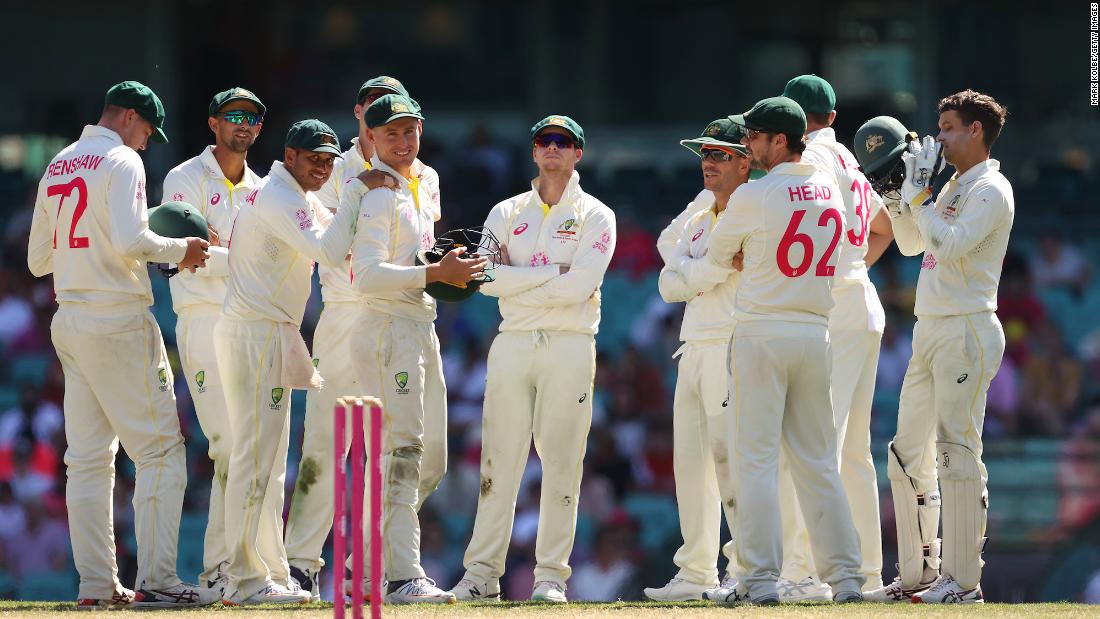



.png?Expires=1838763821&Key-Pair-Id=K2ZIVPTIP2VGHC&Signature=IO0~CT3pU-TcxGc~yoZSmoQx23MZVuK-~4jSii~NKEblRmyO3el7NXPu~Rh1o23voASg7hlcHLw4kvQuDK1jssEhcjoNBBvEpZ~GGOAU6yosBhpHpeF179F~h7i6VxmsBNh9gtTutkoqY73O2YCFey~IAqSzKbBqETP1kP9cAg1916Z1YkJJs-5MliMrkZ5d7-mWGLbpHp2wGj2VlMph8XzYlL4~y1O7fB~JdIS~Rs4RMRs2x0WT1qUIpHAsf3GdwtOyAmKFSpIg8xCyNGZZ5h~13nXlmpd7uPvW8tBfttpG9pFTqcway-uch5WyfHOEfi7UlJCOWrr6fCYY5PMgSg__)







